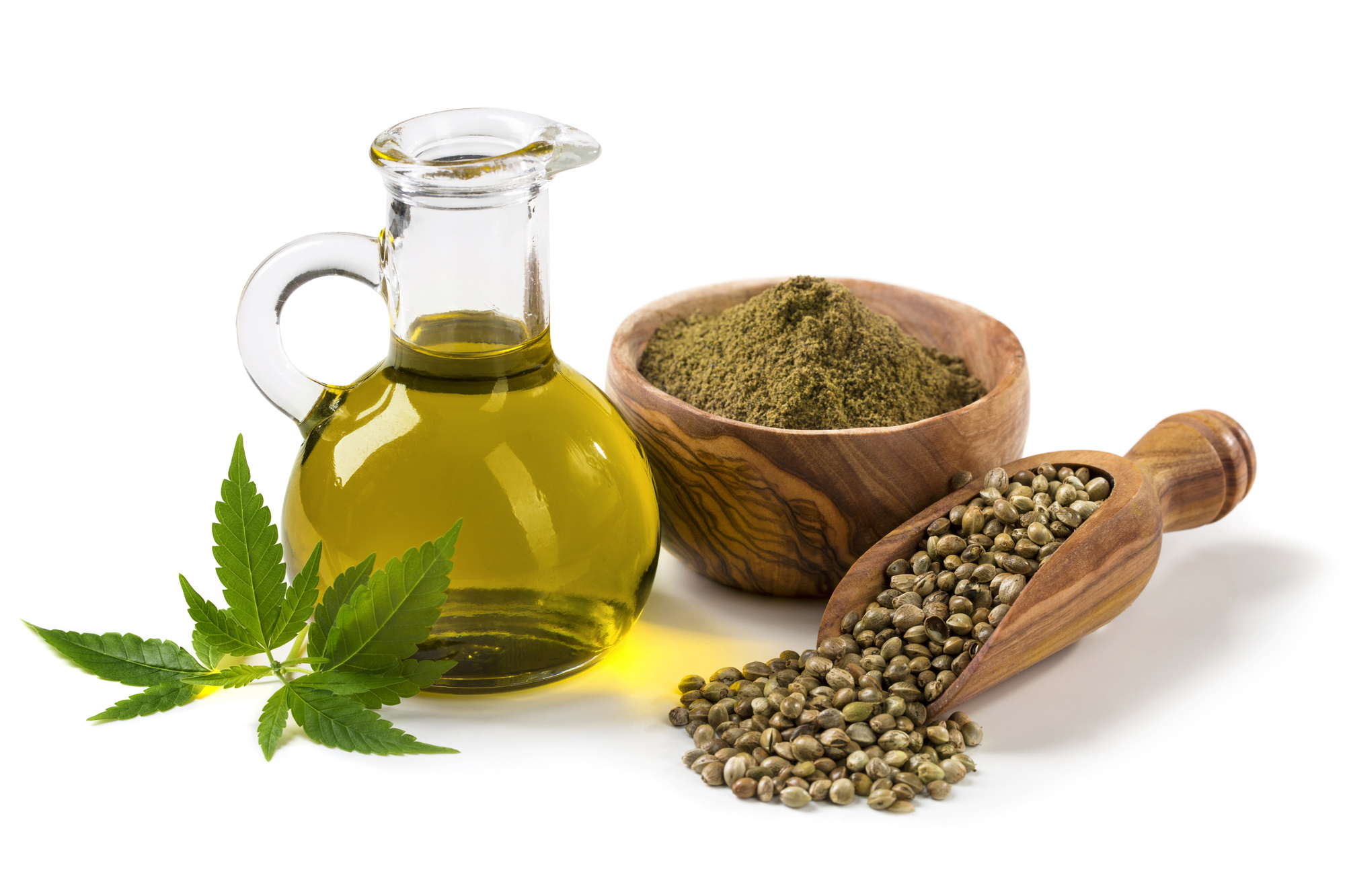
CBD Oil vs Tincture: The Key Differences Explained
It can be a real headspin learning the different terminology associated with CBD (cannabidiol).
It’s not enough to simply know the terms, either. Knowing the differences and benefits of each type of product allows you to choose the right one to fit your needs.
Keep reading to find out the differences and similarities of CBD oil vs tinctures so that you can make an informed decision.
The Extraction of CBD Oil
CBD oil is made by extracting the cannabinoid from the Cannabis Sativa L (hemp) plant.
It can be extracted by using:
- Dry ice
- Carbon dioxide (CO2)
- A solvent (i.e. alcohol, ethanol, or butane)
Dry ice is a classic at-home method for those who grow hemp at home. Large companies don’t really use it, as it’s not as effective as other choices.
Using a solvent to extract CBD is becoming obsolete. This is because it relies on evaporating out the alcohol or solvent used, increasing the chance of accidentally leaving some behind.
A more popular and prevalent method is to use CO2 under specific pressures and heats. The result is the cleanest and safest product possible.
Once the CBD is extracted, it’s diluted with a “carrier oil” such as coconut oil or hemp seed oil. This creates a slightly bitter product that can be taken orally as drops, mixed into food, or taken under the tongue (e.g. sublingually).
Types of CBD Oil
In addition to different types of extraction methods, CBD oils are also classified into three main categories: broad-spectrum, full-spectrum, and isolates.
Broad-spectrum products contain all of the cannabinoids in the hemp plant except for THC. Full-spectrum products have every cannabinoid present in the plant, including trace amounts of THC. Isolates are pure, concentrated CBD products that are powdery or crystalline.
The type of CBD oil you choose depends on the legality of THC in the state you live in as well as your personal preferences. For instance, you can’t buy full-spectrum CBD in a state that doesn’t have legal cannabis.
The Breakdown of CBD Tincture
A CBD tincture, on the other hand, utilizes the power of a base (e.g. alcohol, vegetable glycerin, or vinegar) to slowly break down and absorb all parts of the hemp plant into the liquid.
This process can take weeks or months, depending on how it’s done and the strength of the base used. Once it’s ready, the oil is strained to remove plant parts.
Rather than evaporating out the base, it’s left in the product. As a result, tinctures taste like alcohol or vegetable glycerin (depending on what was used) when taken orally or sublingually. This can be a turn-off for some, but for others, it’s better than the semi-bitter taste of CBD oil.
However, it shouldn’t be mixed into food like CBD oil is. It’s simply not pleasant.
Tinctures offer the benefit of combined results. They are often made with other plant components, giving you the positive aspects of all cannabinoids (including CBD) as well as anything that’s added.
In terms of cannabinoids, having every single one present from the hemp plant may provide better results. This is known as the entourage effect. You can get this in both tinctures and full-spectrum CBD oils.
Considerations of CBD Oil vs Tinctures
At the end of the day, the difference in CBD oil and tinctures comes down to how it was prepared and the ingredients they contain. CBD oil, depending on which category you choose, contains cannabinoids and carrier oils. Tinctures contain all of hemp’s cannabinoids as well as the base that was used.
Each product can come in a variety of sizes, concentrations, and prices, making it easier to choose something that fits your needs.
If you want to have a product that can be used in a number of ways, CBD oil may be a better bet. If you know you’re only going to take CBD orally or sublingual, you can usually find tinctures for a better price.
Another consideration to keep in mind is whether or not you’re concerned about the legality of it or failing drug tests. CBD is federally legal but THC is illegal in many states. So, tinctures and full-spectrum oils (as well as other CBD products) must have less than 0.3% THC to remain within the law.
This highlights the importance of buying from high-quality, third-party lab tested brands. These reports show that it’s a high-quality, non-contaminated product that has less than 0.3% THC.
You can find lab results on a trustworthy company’s website. Zennessee Organics, for example, has various types of products and offers its lab results online so that consumers can get the most out of their purchase.
Then, you can purchase high-quality CBD while staying within the law.
Other Options Available
Aside from CBD oils and tinctures, you can consume the cannabinoid in a number of other ways.
You can smoke it using a vaporizer or by inhaling the smoke of dried CBD buds. Alternatively, you can use it topically for localized aches and pains.
Some companies also offer pre-made edibles like gummies or treats. These convenient products allow you to take your daily dosage without having to measure it. However, they are often higher priced and offer lower dosages.
When it comes down to it, it’s up to you to decide which method is preferred. The options are abundant and vary slightly, allowing you to consume CBD within your budget and preferences.
Choose What’s Best for You
By understanding the slight differences between CBD oil vs tinctures, you can find the best product for your needs.
No matter what you choose, pay attention to concentration and quality. That will increase the likelihood of it potentially helping your ailments.
Keep reading our blog for more information on CBD so that you can stay up-to-date and informed.
